Try working 90 days straight with 12 hour days There are few valid or enforceable rules these days as to how many days or hours you can work most of it comes under todays duty of care laws, if you dont think you can work the long hours or days demanded just tel your boss under duty of care that you need a day or 2 off, that'll go down wellFMLI'm gonna need an unlimited supply of coffee and prayers!Some of the days are 1215 hour days and the supervisor reported to work on Thursday at 8am and did not leave until Saturday at 500 and the boss didn't even offer for her to go home This is in Georgia Submitted 9 years ago

Straight Leg Cotton Herringbone Trousers Smr Days Matchesfashion Au
Working 13 days straight
Working 13 days straight- Just asking the question because my younger brother has been asked by his work, to work 13 days straight He starts at 9 and finishes at 6 Its for a computer game shop He usually works MonSat with Sun off, but they want to make him work a Sunday Is this legal?There are a couple of things to consider here, and really they are only dependent on your commitment to your workplace and your moral compass You most certainly can call in You can fake being sick, you can be honest and tell them that you are ex




What To Do When You Can T Find A Job 13 Tips Flexjobs
Every employee is entitled to one day of rest in 7 So, an employer cannot require you to work more than six days out of seven But if the nature of the work reasonably requires that the you work seven or more consecutive days, you have to get the equivalent time off in a calendar month to make up for the days you did not get off in the those seven daysDo they all start off as OT hours and over 8 DT or is it considered a new week so it goes back to Yes, an employer can force an employee to work 13 days straight UNLESS the employee has a written employment agreement or contract with the employer that prevents it I know that it may seem to be unfair/unjust, however, state and federal law does not prohibit it
A list of job recommendations for the search how many hours straight can you work is provided here All of the job seeking, job questions and jobrelated problems can be solved Additionally, similar jobs can be suggestedWorking 13 days straight uk Working 13 days straight uk In the UK, there are restrictions Basically, the UK is worried about employers pressuring their employees to work 7 days a week with no time off They feel people should be entitled to leisure time Also God agrees (see first bit of Genesis) So1910 What is a working day in the UK My work day started at 530 am till 4 pm making it eight hours of regular time and two hours of overtime On that same day I was called back in at 10 pm to work an 8 hour shift was off at 630am in the morning the following day to have received an emergency Call at noon which took 7 an half hours
Can an employer make the workers work for 13 days straight without a day off? A In Connecticut, 12—not 13—days is the maximum permissible continuous mandatory period of work, but you're not necessarily breaking the law if you allow an employee to work more than 12 days in a row It's only illegal to compel or require someone to work that long over their objection, and/or to discipline an employee who refusesRead First UK Bus reviews, including information from current and former employees on salaries, benefits and more Find out what life is like at First UK Bus, then browse jobs and apply today!



Burning Cargo Ship Near Sri Lanka Is Sinking Oil Spill Possible




Kadii I Swear I Ve Been Working Going Hard For 13 Days Straight I Need To Break A Mental Break From Content And Decision Making A Physical Break From Just Being On
This is his advice "Under Regulations 11 (1) and (2) of the Working Time Regulations 1998 a worker is entitled to an uninterrupted rest of 24 hours per week or, at the employer's choice, 48 hours per fortnight A week begins at midnight between Sunday and Monday So long as you have at least a 48 hour uninterrupted rest break in each period my guys worked 13 days in a row 60 hrs 1st wk and 62 2nd im clear on the over 8 in a day or more than 40 in a wk is OT and over 8 on 7th consecutive day is DT (& over 12 in a day is DT) but how should the hours be paid on the 8th13th days? Generally, employees (both exempt and nonexempt) may not be required to work 7 days in a row Unless an exception applies, employees are entitled to get one day off after working 6 consecutive days This is true whether employees are hired by the day, week, month, or year, and whether they work during the day or night




Vickie Chapman Mp Breaking Some Might Say 13 Is An Unlucky Number But Not Today Sa Has Just Recorded 13 Days Straight Without A New Covid 19 Case Facebook




How The Retail Sector Can Survive And Thrive Post Pandemic Whitepaper
You can't work more than 48 hours a week on average normally averaged over 17 weeks This law is sometimes called the 'working time directive' or 'working time According to California Labor Code, Section 551, all California employees, regardless of occupation, are entitled to a least one rest day out of every seven days Section 552 goes on to state that no employer may require employees to work more than six days out of a sevenday period, and any employer that tries to enforce a sevenday workweek may be guilty of aYup try working 13 days in a row, like i had to last summer its not how many days you work, its how many hours you work in a week usually this is capped at 40, but most employment contracts have an optional thing you can sign if you're willing to occasionally work more than that (though who defines occasionally is anyones guess)




Working Times Breaks Real Business Guide




Cc Moore Equinox 13 14mm White Pop Ups
I feel sorry for him because he has to drive a fair distance there and run the 0358 #12 Yes it is legal to work 10 days I do 12 hour shifts and have clocked 13 days once and was told by my boss I could not do the next day shift mickmars wrote » TUPE means exactly the same terms and conditions Tell her to tell the boss "haha,funny joke,Love,but I'm not falling for it"Hours of work, breaks & rosters On 1 July 21, we launched our new Employer Advisory Service (EAS) for small business employers The EAS provides eligible small businesses with free tailored written advice on pay and entitlement issues such as other pay and employee entitlements




Isee Hair Straight Human Hair Bundles With Frontal 13 4 Preplucked Lace Frontal Remy Peruvian Straight Hair Bundles With Closure 3 4 Bundles With Closure Aliexpress




No Wonder I Can T Get My Days Straight Octember Cari Pollack Flickr
This section of the code clarifies that employees must not necessarily take a day off in a seven day period, as long as the rest days are provided for during the same calendar month For example, if an employer "reasonably requires" the employee to work for 21 consecutive days in a row, this is permissible as long as the employer subsequently provides for the three missed daysWorking Time How many consecutive days can workers lawfully work without a weekly rest break?I have been drinking Vital Reds with one scoop into a half of a bottle of water at 1 pm and then at 8 pm, and I feel great I have lots of energy




What I Learned About Building Habits From 30 Days Of Exercise Ian Daniel Stewart




Straight Lace Frontal Wig 150 Density 13 4 Lace Frontal Human Hair Wig Brazilian Remy Pre Plucked Wig For Women Human Hair Human Hair Lace Wigs Aliexpress
Yessss, working 13 days straight and was suppose to have Thursday and Friday off, but got the call they are gonna need me! Employees who work 7 straight days must be paid according to California's principal overtime laws, which provide premium pay based not only on daily and weekly hours, but also on seventhday work For the seventh day of work, employees must be paid the first eight hours worked at the rate of one and onehalf times the regular rate of pay ("time and a half")Rest breaks at work Workers have the right to one uninterrupted minute rest break during their working day, if they work more than 6 hours a day This could be



I Guess Working 7 Days Straight For 13 Hours A Day Doesn T Deserve A Clean
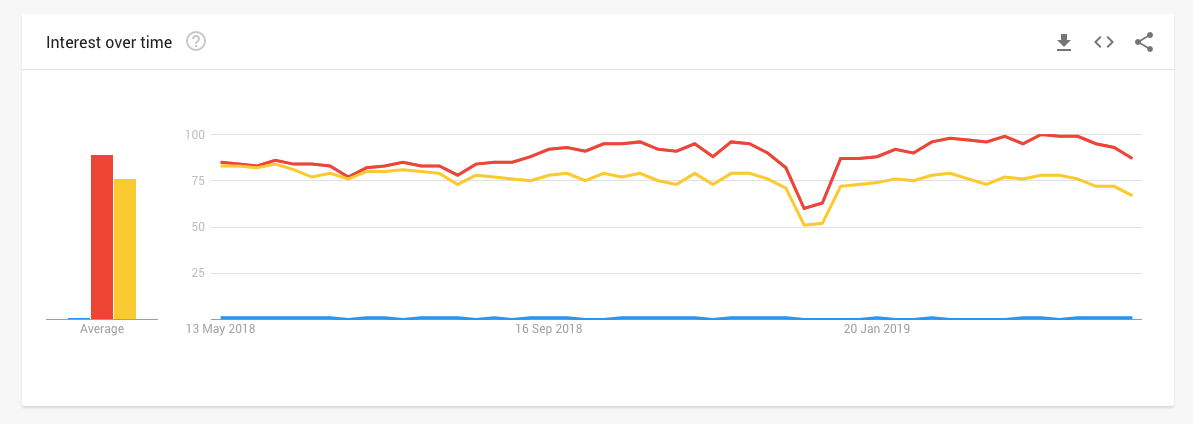



What I Learned After Writing Clojure For 424 Days Straight By Shivek Khurana The Startup Medium
The Working Time Regulations 1998 state the following provision for rest breaks at work and time off Rest breaks at work A worker is entitled to an uninterrupted break of minutes when daily working time is more than six hours It should be a break in working time and should not be taken either at the start, or at the end, of a working dayJobs with different working time rules to the working time regulations Young workers, apprentices and work experience Rules on working hours and rest breaks forEmployers can get permission from the Department of Labor to work their employees 7 days a week, but they can only do that a maximum of 8 weeks a year See the complete rules here The Department of Labor also enforces the law on behalf of employees Their "One Day Rest in Seven Act" number is (312)




I Hatched Eggs For 2 Days Straight And Got Bgs Bubble Gum Simulator Youtube




Bitcoin Closes 6th Straight Green Month Trading 30 Days Above 50k Ethereum World News
Breaks during the working week or longer An employee is also entitled to one of these in a 7day period, 24 hours of rest in a 14day period, 48 hours of rest (this is often taken as one block of time, but can be 2 separate 24hour breaks if the employer decides)I work with clients that I range from 2 hours 4hours and 8 hours I just got done working 13 days straight to get 40 hours It can be hard sometimes in home care to get your hours without working a lot of days I can not help but think I could work less then 4 daysin a hospital or at the most 5 days in a LTC and make 40 hours 17 weeks x 7 days = 119 days in the reference period 1 rest day per week = 17 days 119 17 = 102 days you're allowed to work during the reference period Step 3 Calculate your weekly average hours by dividing your hours worked by number of days 816 hours worked divided by 102 days allowed to work = 8 hours a day, which is within the




Straight Leg Cotton Herringbone Trousers Smr Days Matchesfashion Au




Bank Holiday Alert Banks To Be Closed For 4 Days Straight From March 13 To 16 List Of Upcoming Holidays
British labour laws working 13 days straight due to a "power week" Apologies in advance;Hours of work Ordinary hours are an employee's normal and regular hours of work, which do not attract overtime rates Awards, enterprise agreements and other registered agreements set out any times of the day ordinary hours can be worked (eg between 7am 7pm) The ordinary hours can be different for fulltime, parttime and casual employeesYour average working hours are calculated over a 17week period You can work more than 48 hours in one week as long as the average is less than 48 There are special rules for some workers, like young workers and mobile workers in the transport industry Days off from work and rest breaks All adult workers are entitled to one day off a week




Bitcoin Drops Below 7 000 Usd Has Now Dropped For 13 Straight Days Coin Insider




13 By 6 Frontal Wig 13x4 Transparent Lace Wig Human Hair Front Straight Wigs Remy Malaysian Hair Lace Frontal Pre Pluck Wigs150 Human Hair Lace Wigs Aliexpress
Workers 18 and over have a right to a minute break where the working day is longer than six hours, also, a rest period of 11 consecutive hours between each working day, (unless working on a shift pattern) and a 24 hour rest period in each seven days For nightworkers, the average daily hours of work are 8, averaged over a 17week period4 SEIU reviews A free inside look at company reviews and salaries posted anonymously by employeesI'm posting by mobile app I have a friend of a friend who's working with the public to recruit people into donating to charities He's living in London and works from 2pm until 9pm with an hour long meeting just before hand He gets a 30 minute food break




Haircut By Jimmy Cuckfield Barbers Jimmy S Barbers




Phone Interview Questions 13 Non Cliche Questions From Top Hr Straight Shooters Breezy Hr
All workers are entitled to have breaks while they are at work and rest periods between working days or nights To find out what breaks you should get at work – see 'rules' below The Organisation of Working Time Act 1997 sets out employees statutory minimum entitlements for the working week, annual leave, night work, breaks and rest periodsIt's expected that you work a min of 6 days a week At points, they told us we needed to work 2 different clients, working 13 days straight, over 50 a hour WITH NO OVER TIME PAY BECAUSE WE ARE INDEPENDENT CONTRACTORS and if we didn't like that then our services were no longer needed as described in multiple work emails Most sketchy employment13 Days Working 13 days straight in a row What day is it now, I'd like to know My patience is waning, my mind is numb The phone keeps ringing, here




Medical Professionals Give 7 Reasons To Impose Islandwide Lockdown For 14 Days Straight Nation Today Sri Lankan News




Straight Leg Cotton Herringbone Trousers Smr Days Matchesfashion Au
I work from 2 pm midnight seven days a week Most of the time I will work 13 days straight and have one day off, and do it all over again! Working 13 days straight with 1 day off God forbid ur late then you get points and accumulate enough points they suspend and then fire you Managers are morons but they have college degrees Union is so corrupt and people blatantly steal overtime from there own union brothers If don't anyone who is higher up the food chain don't botherSorry no good reasons to give




Lena Dunham Has Had Her Period For 13 Straight Days Teen Vogue
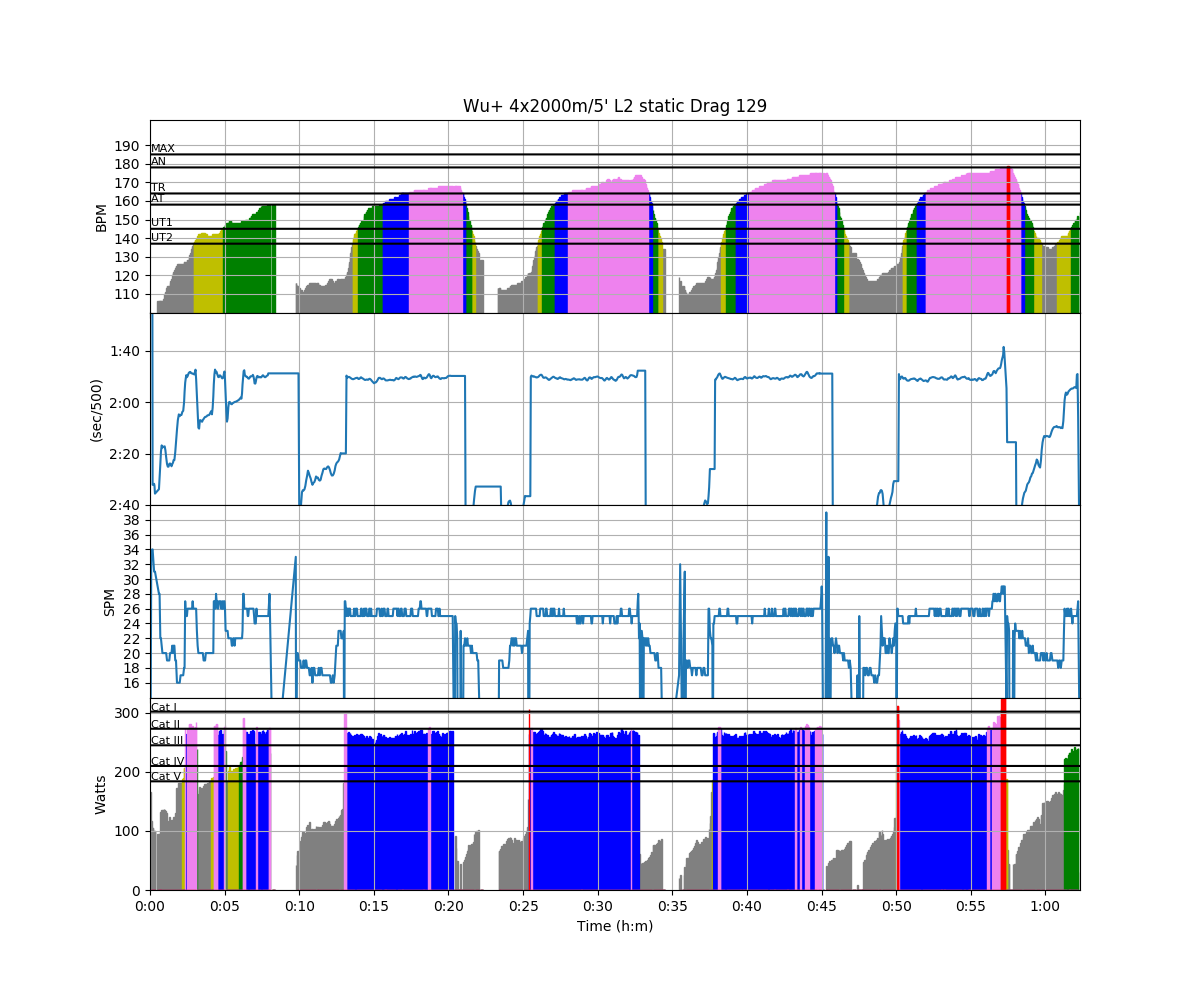



3 13 3 14 Nine Days Straight Quantified Rowing
being out of town for long periods puts a damper on things for sure then coming home and "getting" to work 13 days straight then one day off then 6 on one off 6 on one off etc really doesnt allow much to get done but i do werk as i can and its not all car shit either so i had the weekend scheduled off for the whole year; "There are a lot of people around us not just here working 13 days straight, 30 days straight," said Jana DeVoeBiggins, director of sales and marketing for Holiday Inn Savannah Historic District According to the Department of Labor, the leisure and hospitality industry in Savannah has not made a full recoveryIn a case that may be of particular relevance to boarding schools, the European Court of Justice (ECJ) has provided clarity as to when an employer must provide a weekly rest period under the Working Time Directive (WTD)
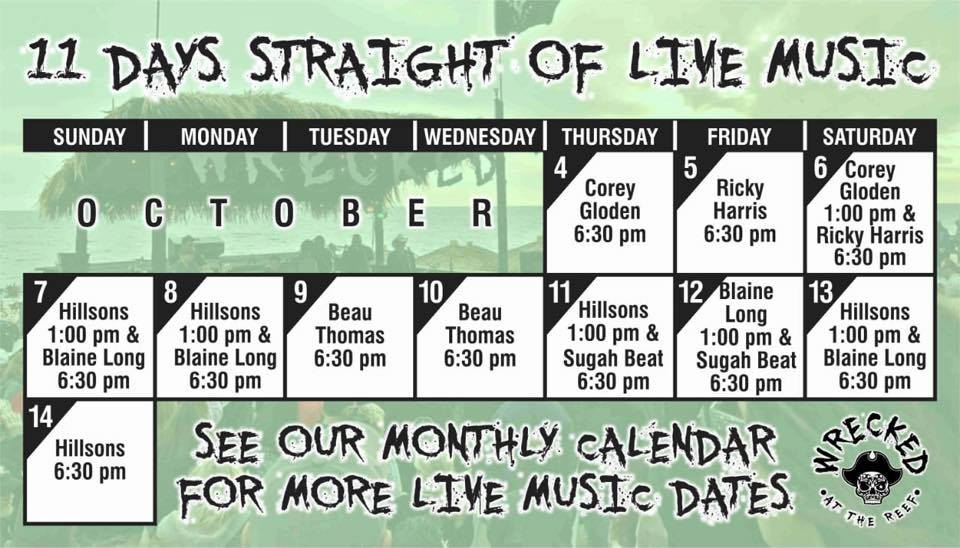



11 Days Straight Of Live Music Wrecked Rocky Point 360




Karoshi Wikipedia
Workers covered by the Working Time Regulations must not be required to work more than 13 hours per day Also individuals must not be required, against their wishes, to work an average of more than 48 hours a week Workers may agree in writing to work more than the 48 hours per week on average, and can withdraw their agreement at any time The hours that an individual works in The service became shortstaffed, and so Ernesta, despite the risks, took on extra shifts, once working 13 days straight "The whole pandemic," she told me, "I was never off sick for one day"




Banks To Be Closed For 4 Days Straight From March 13 To 16 Saachi Baat




Have You Hydrohomey D 4l For 13 Days Straight That Hydro Isn T Homey Anymore But God Hydrohomies




Wader World After Working 14hr Days 13 Days In A Row Then 2 Days Off And Working Straight Through Again The Missus Made Me Get Out For A Walk Locally With




Florida Couple Forced Son 13 To Kneel For 9 Hours A Day For 10 Days Straight And Sleep In A Bathtub As Punishment Daily Mail Online



I Did It 31 Days Straight And Todays Is My Birthday Applewatch




Half 613 Half Black Color Straight Lace Front Wig Everglow Hair




Solved Calculate Week And Days In A Week Not A Straight Anaplan Community




Ksm 1780 High Power 850w 8 10 12 13 15inch Electric Scissors Cutting Machine Automatic Sharpening Knife Cutting Machine Straight Knife Cutting Knife Cuttings Fabric Leather Cowboy Handheld 8inch Amazon Co Uk Diy Tools




What Working 52 Days In A Row Will Do To A Person By Brian Kurian Publishous Medium




Upcoming Bank Holidays In March 4 Days Straight Holiday From 13 To 16 27 To 30 March Mvlnreddy Youtube




Cyan Finally Back Home Working 14 Days Straight 13 15 Hour Shifts At A Fishing Lodge Cooking For 8 10 People Some Food Pics Will Follow It Was Hard But Fun



You Re Not The Only One I Have Been Working 13 Days Straight Now Without A Day Off From 9 Am To 9 Pm Hope That Made You Feel A Little Better



Bank Holiday Alert Banks To Be Closed For 4 Days Straight From March 13 To 16




I Partied For 13 Straight Days My Blood Test Showed I Was Healthier Than Ever By Eric Sangerma Mind Cafe Medium
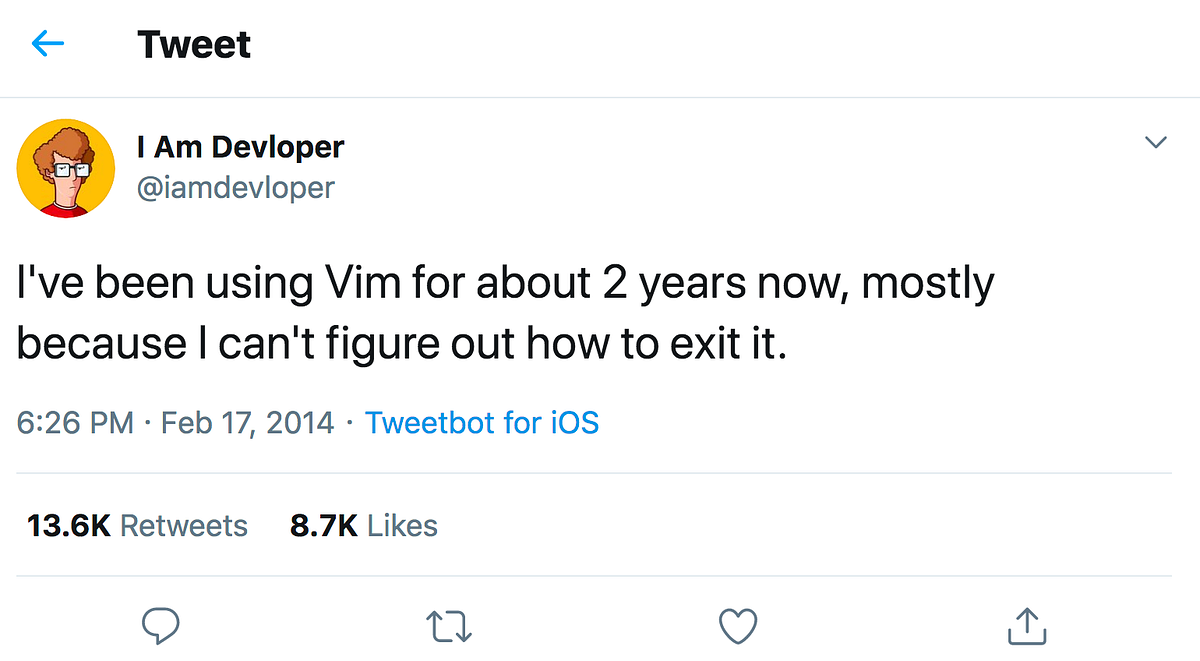



What I Ve Learned After Using Vim 15 Days Straight




Covid Australia Victoria Goes Five Days With No New Cases Latest News Today




Meet The Sleeping Beauty In Real Life Who Slept For 13 Days Straight Lyonmacktv



Words Cannot Express How Grateful I Am Today To Finally Have A Day To Myself Working




4x4 13 4 Lace Closure Wig Straight Human Hair Wigs Pre Plucked Brazilian Straight Lace Front Human Hair Wigs China Virgin Hair Lace Front Wig And Elastic Bands For Wigs Price




Lupin Creepy Scrawlers Ltd




How I Feel After Working 13 Days Straight Without A Single Day Off Imgur




Nu Ems L0hqgqm




Saying Mr Beast For 7 Days Straight 13 Of 16 Mr Beast Tribute Mrbeast Youtube




Galvin Library We Are Open For 24 Hours 13 Days Straight Finals Illinoistech




Solved Calculate Week And Days In A Week Not A Straight Anaplan Community




Hcs 37 Wholesale Cheap 13 4 Lace Frontal Virgin Hair 14inch Natural Color Straight




Straight Leg Cotton Herringbone Trousers Smr Days Matchesfashion Uk




Doctor In China Who Worked For 18 Days Straight Died Hailed As A Role Model By Govt Mothership Sg News From Singapore Asia And Around The World




Wingirl Straight Short Bob Wig 13 4 13 6 Hd Lace Frontal Wigs Pre Plucked Natural Hairline Natural Soft Virgin Hair




Long Periods Causes Treatments When To See A Doctor




Normalized Delivery Rates For First 24 Hours And Following 13 Days For Download Table




How To Prevent Back Pain While Working From Home Time




Can Your Employer Work You 13 Days Straight And Only One Day Off Legal Answers Avvo




Be Fearless Printable Day 13 Kids Prints Series The Girl Creative Quotes For Kids Positive Quotes Inspirational Quotes




For 11 Days Straight World Of Warcraft Classic Was The Top Game On Twitch Inven Global
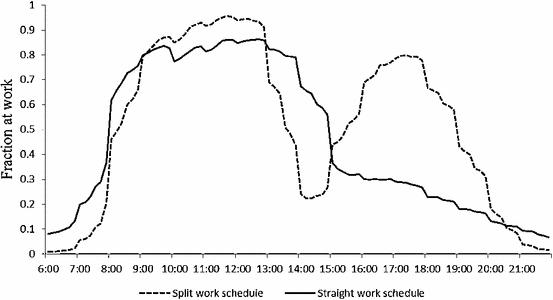



Split Or Straight Evidence Of The Effects Of Work Schedules On Workers Well Being Time Use And Productivity Springerlink




Fan Blades The Size Of Honda Civic It S Easy To Lift They Said That Motor Weighs Nothing They Said 13 Days Straight For This Work Week Honda Meme On Esmemes Com




Can Your Employer Work You 13 Days Straight And Only One Day Off Legal Answers Avvo




Been Awake For 8 Days Straight By Cfhoutlaw13 On Deviantart




Essential Oil Beginner Basics Email Series Essential Oil Beginner Diy Essential Oil Recipes Essential Oils




What To Do When You Can T Find A Job 13 Tips Flexjobs




How To Build A Morning Routine In Just 30 Days Pavlok




Cyan Finally Back Home Working 14 Days Straight 13 15 Hour Shifts At A Fishing Lodge Cooking For 8 10 People Some Food Pics Will Follow It Was Hard But Fun




Stuckat Juryduty On Myone Day Off This Weekafter Working 13 Days Straight But There Is Free Wifi Here Whichisnice Imgfipcom Free Wifi Funny Meme On Astrologymemes Com




Straight Leg Cotton Herringbone Trousers Smr Days Matchesfashion Au




Wader World After Working 14hr Days 13 Days In A Row Then 2 Days Off And Working Straight Through Again The Missus Made Me Get Out For A Walk Locally With



Lloyds Hit By Distributed Denial Of Service Cyber Attack In January 17




Good Posture In 30 Days Exercises Calendar Plan And More




Pin On Business Tips And Ideas




On My 1st Day Off From Work After 13 Straight Working Days Phone Calls Tex Emails 6 Ppl No Show The Others Are Confused Sad Trooper Meme Generator




Toronto S New Covid 19 Cases On Decline For 14 Days Straight Youtube




Can Your Employer Work You 13 Days Straight And Only One Day Off Legal Answers Avvo




China Brazilian Straight Hair Lace Front Wigs For Black Women Human Hair With Baby Hair 13 4 Lace Front Wigs 26 Photos Pictures Made In China Com




When Does The Weekly 24 Hour Rest Period Have To Be Given To Workers Real Employment Law Advice



That S Nothing Mine Are 13hr Night Shifts 5 Days Straight 6th Day Is 8 Hours To




Buy 1 Get 1 50 Off Accessories 13 Days Of Christmas Deals Too Fast
/is-this-normal-how-long-will-it-last-80197_final-01-61e907a86b19467487b731d369f8c978.png)



Symptom Stages For Alcohol Withdrawal



Comics Storyboard By Yxngbrgs




Coronavirus Italy Rugby Star Maxime Mbanda Swaps Back Row For Frontline As An Ambulance Driver Daily Mail Online




Nothing But Huel For 60 Days Straight Ongoing Day 35 Of 60 Experiences Huel




International Date Line Idl
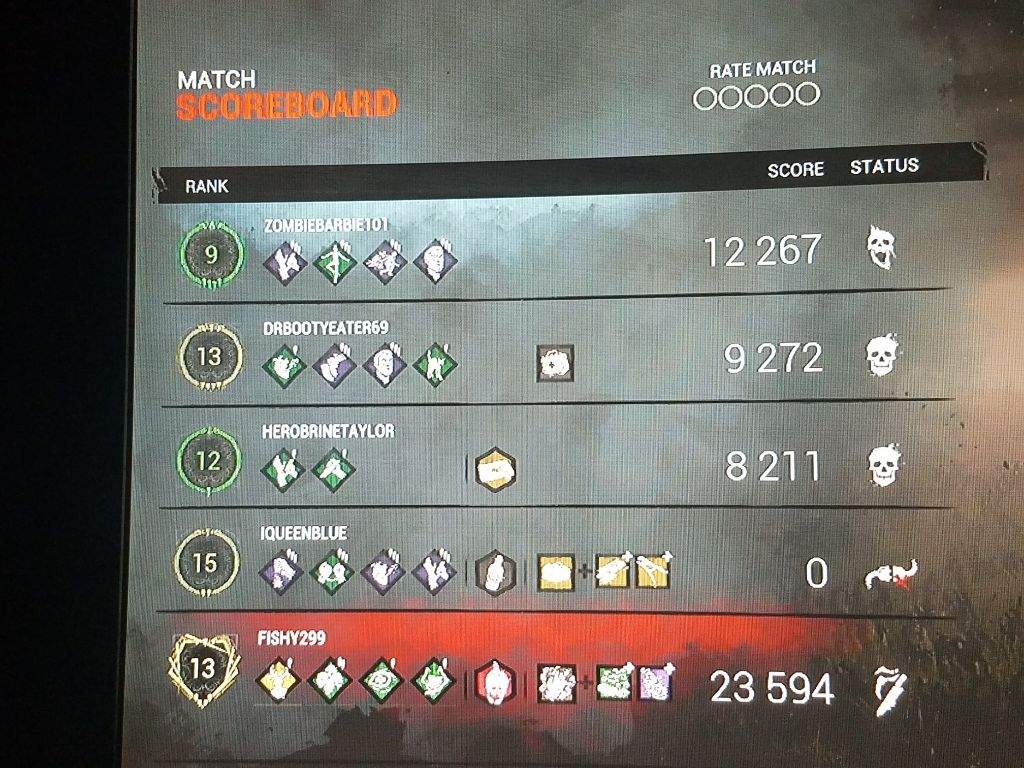



After Playing Nurse For 5 Days Straight I Now Main Her Dead By Daylight Dbd Amino




100 Human Hair Ombre Lace Front Wig Straight Hair 1b 99j Color
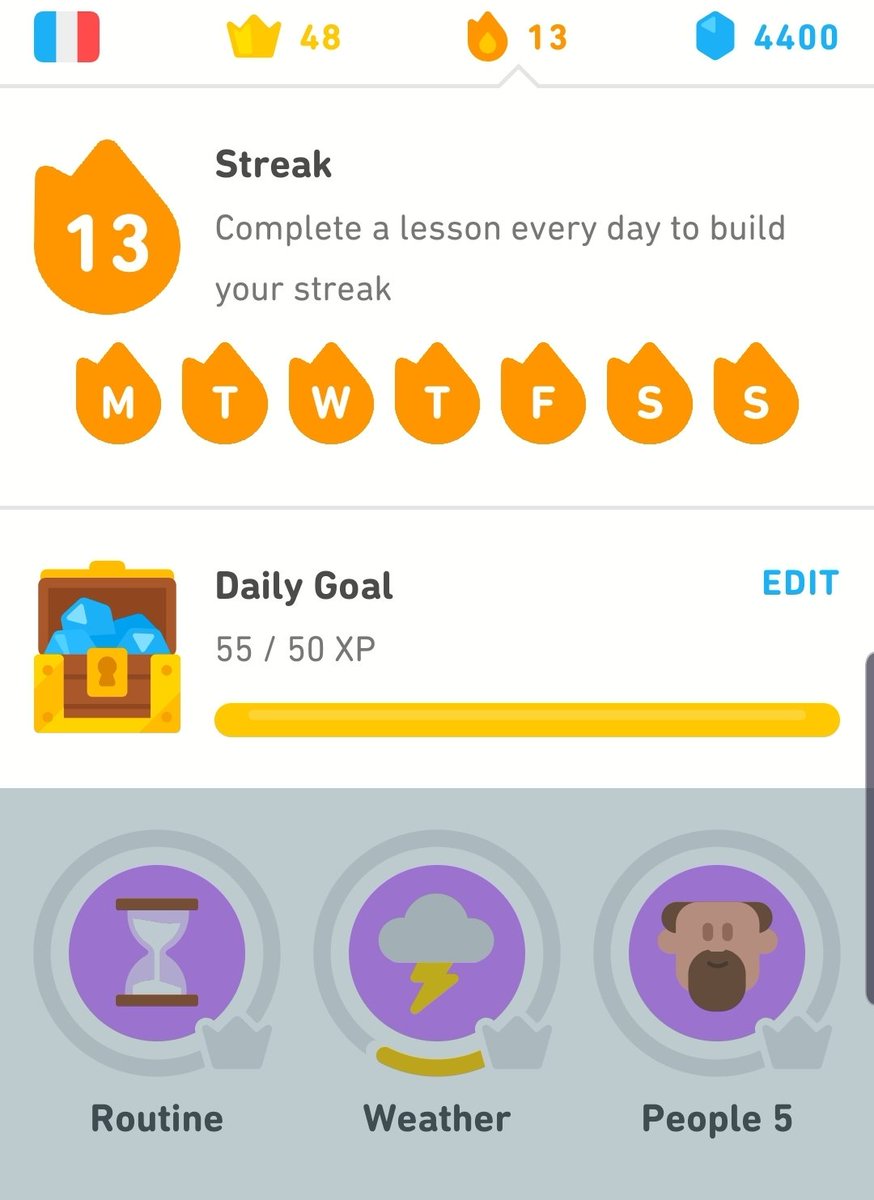



Faye Mata Oh And I Ve Been Grinding French Duolingo For 13 Days Straight Like I M Gonna Go Pro Hit Gold But Just Like Trying To Pick Up A
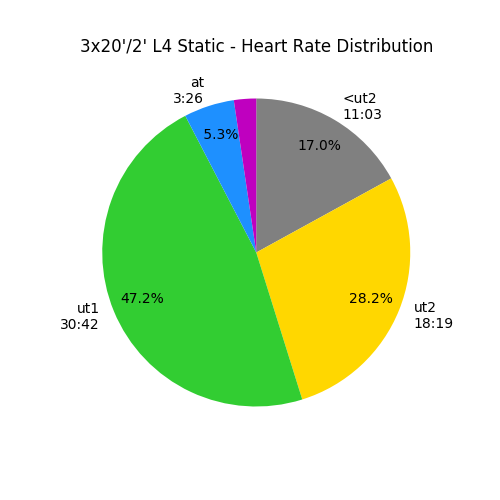



3 13 3 14 Nine Days Straight Quantified Rowing




Huanyu 350 W Electric Sheep Goat Clippers Shears Groomer Wool Shearing Sheep Clipper Sheep Shearing Clipper Sheep Wool Shear Livestock Pet Animal Farm 2400 Rpm 13 Straight Blade Amazon Co Uk Diy




Coach At Work I M A Grown Man Crying In A Toilet




I Tried Classpass Videos For A Week Straight Here S What Happened Classpass Blog




Days 11 13 The Home Straight Best Of Suffolk




How I Accidentally Meditated For 90 Days Straight By Lauren Bartleson Behind The Facade Medium




This 13 Year Old Slept For 13 Days Straight




Pin By Jamie Webster On The Funnies Funny Quotes Me Quotes Quotes To Live By




Help Ufraw Batch Running For 9 Days Straight Device Completely Unusable 37 By Sergey0702 My Cloud Wd Community



13 Days Straight Of Work Quickmeme


